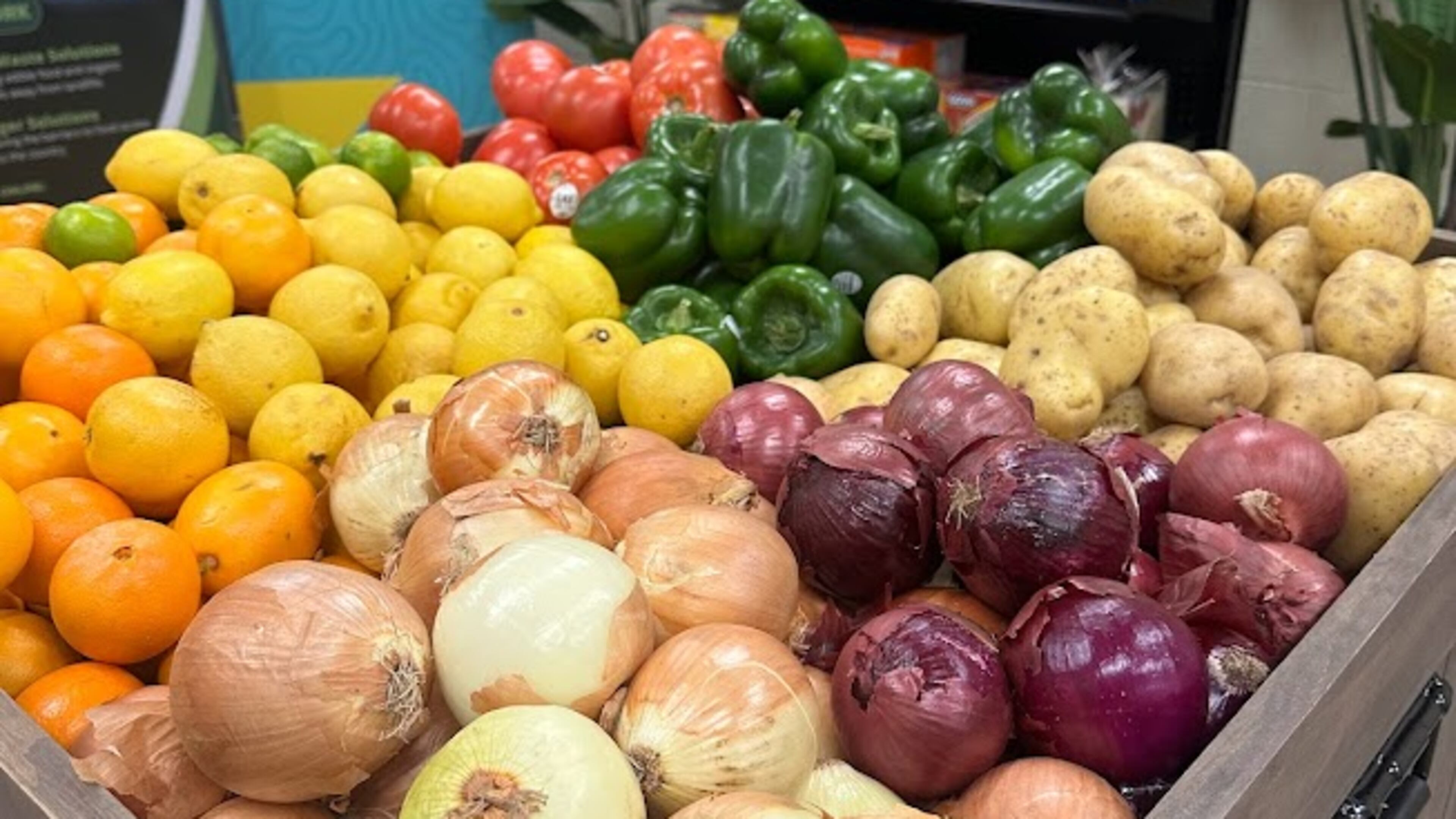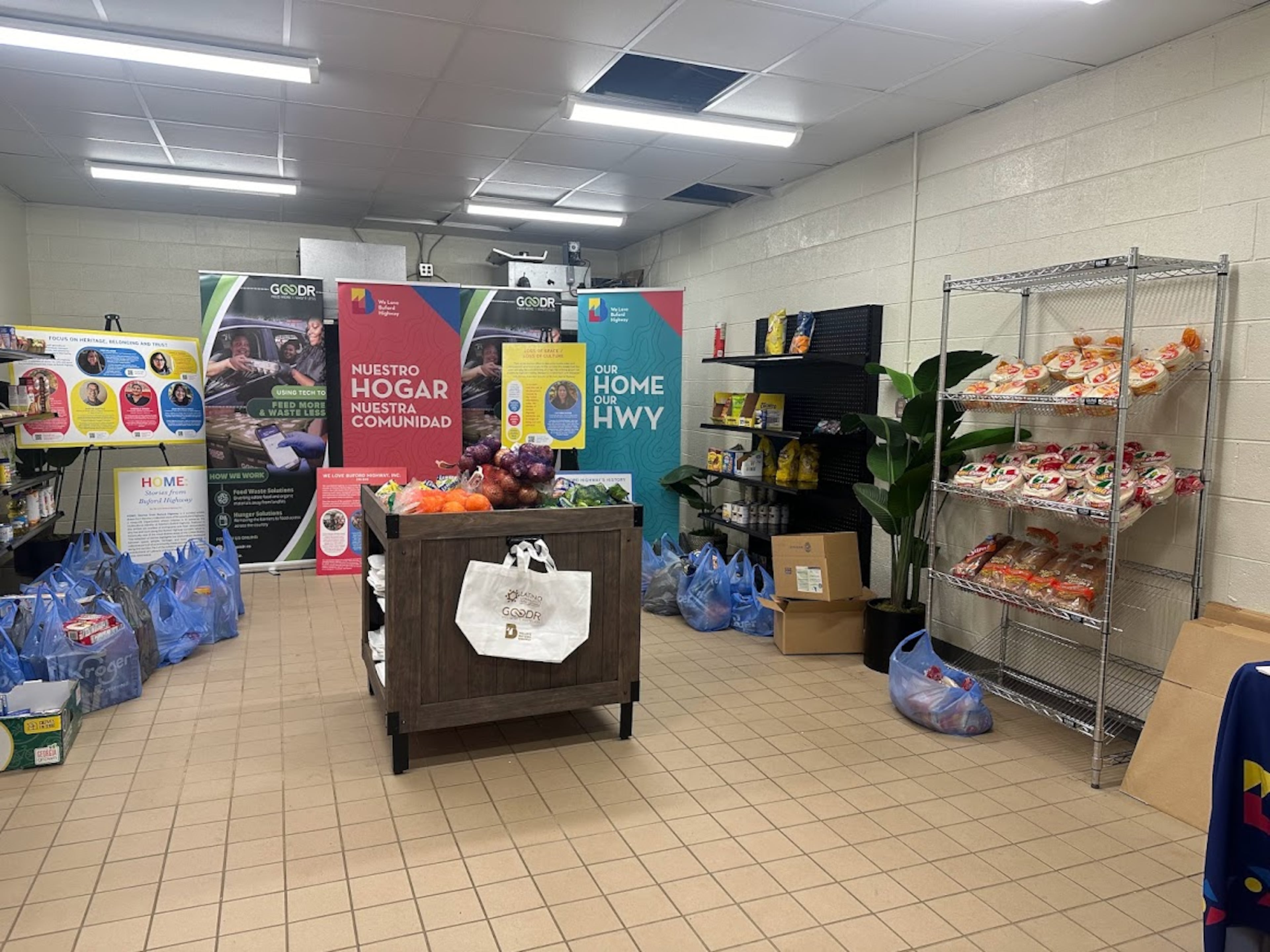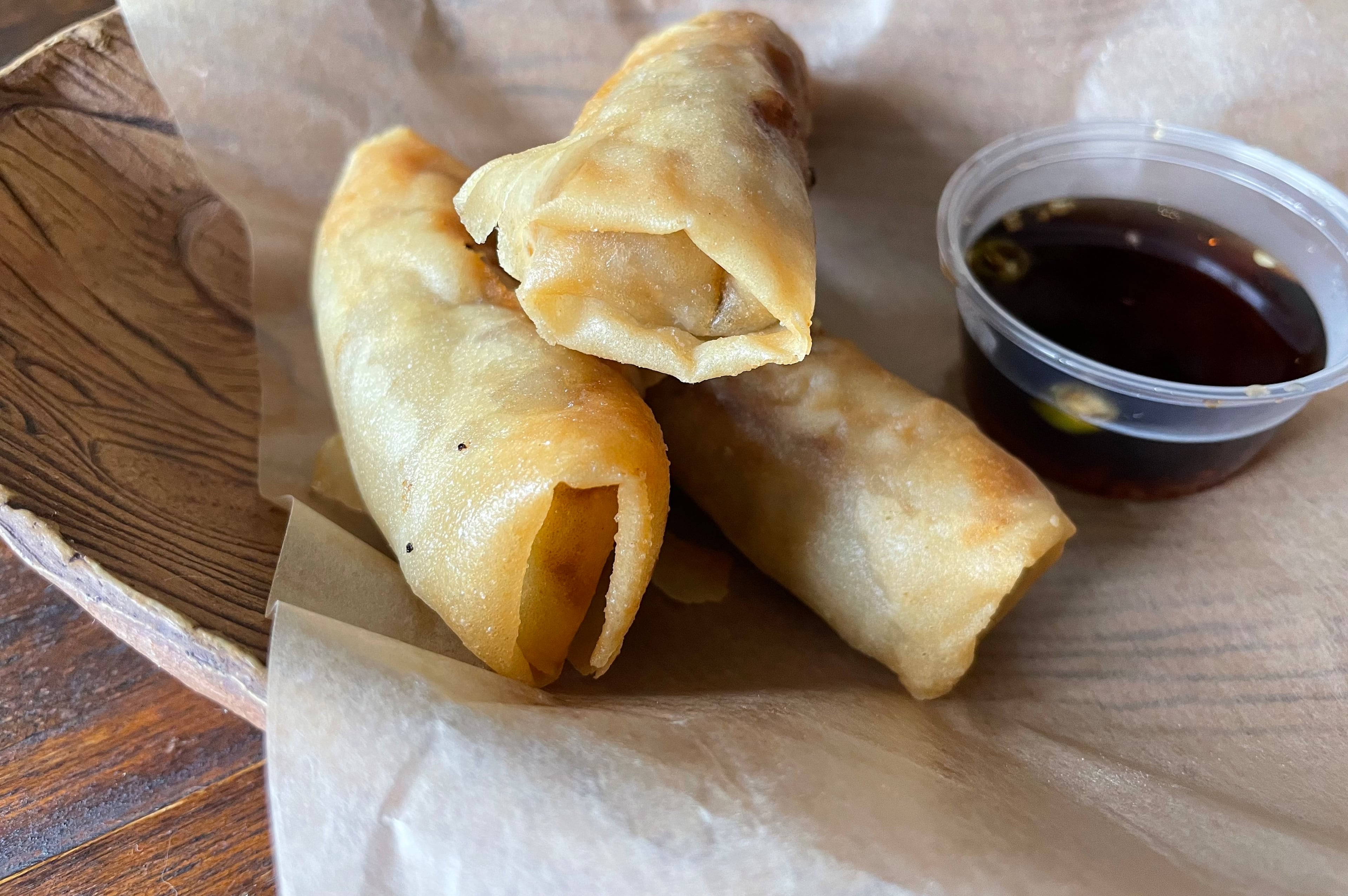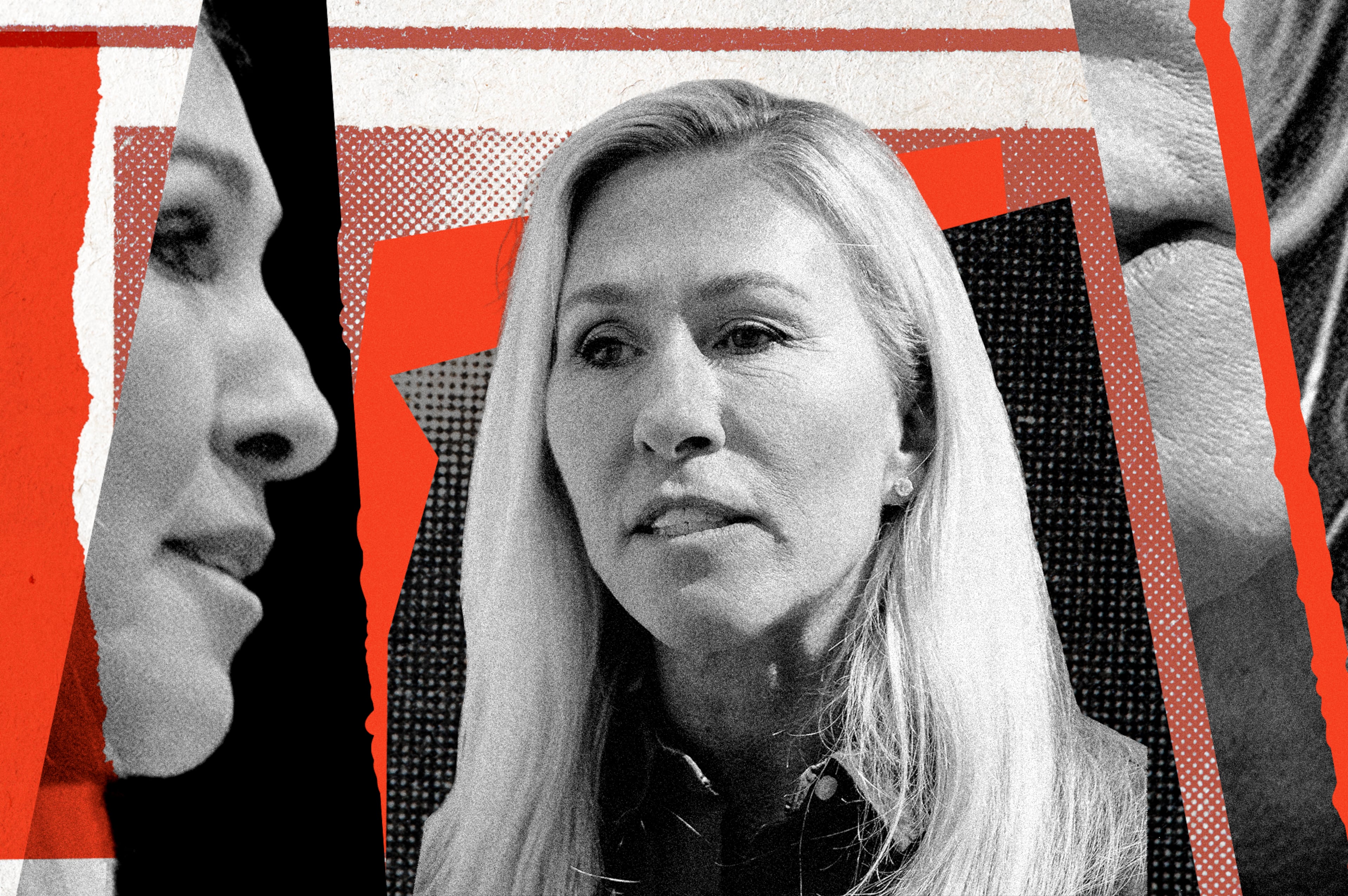Creative initiative to feed Buford Highway families ends after a trial run

Over the course of 2024, a local immigrant-serving nonprofit organization rolled out a new initiative to fight food insecurity among needy households — a replica grocery store where every item is free.
Dubbed the Little Bodega, the one-year pilot program set out to create a grocery shopping experience that safeguarded participants’ dignity and gave them access to culturally appropriate food. Organizers say it may provide a model for how best to serve vulnerable people going forward.
We Love Buford Highway, the nonprofit behind the Little Bodega, handpicked 30 families to participate based on data it collected during its larger food distributions events, which have been taking place since 2020. Each family was given access to the free store once a week for six months.
The year-long pilot program ended Dec. 12, but officials hope to raise enough funds to continue it into 2025.
“We felt like there was a space for something a little bit different,” said Lily Pabian, the nonprofit’s executive director. “People are comfortable in grocery stores. You come in there, and there’s something powerful to it. You’re ‘shopping’ for what you need, but you’re not doing it in this sort of social services setup.”
Nearly three-quarters of the families invited to participate in the Little Bodega qualify for food stamp benefits and free or reduced lunch programs at school. All are Hispanic, and all live close to the free store’s location in a Doraville outpost of the Salvation Army.
According to Pabian, proximity was important because lack of transportation is an oft-recurring challenge that keeps members of immigrant households from reaching aid. Some may also not be eligible for public benefits because they lack legal status, increasing their vulnerability when facing a job loss or a health challenge.
The Little Bodega was “meant to be a leg up, to help people when they’re starting their life here,” Pabian said.
When visiting the store, program participants also had access to cholesterol, glucose and blood pressure screenings, COVID-19 and flu vaccines, and assistance navigating benefits for those eligible.
“We wanted to be a one-stop shop,” said Delia Mendez-Valdez, program manager with We Love Buford Highway. “You already took time out of your day to be here. Might as well offer you a little more.”
After setting out to preserve the multicultural identity of the immigrant corridor of the thoroughfare, We Love Buford Highway also took on food insecurity in the throes of the pandemic when, according to Pabian, “people that were kind of creeping out of poverty were really slapped back in.”
Their work addressing hunger started in 2020 and through the Little Bodega has centered around culturally appropriate foods that immigrant families are familiar with, including corn flour to make tortillas, many fruits and vegetables, and brands popular among Latino shoppers.
As opposed to one-off food distribution events, the Little Bodega model helped We Love Buford Highway become better acquainted with the people they serve, and their needs.
“I think it’s all about building trust so that when that next pandemic comes, or when that next crisis comes, those relationships will be already locked in,” Pabian said. “That’s the lesson I think I’ve learned from it.”
In Pabian’s view, a fresh crisis is already looming via President-elect Donald Trump’s pledge to unleash a mass deportation campaign immediately upon becoming president in January. She says she has already picked up on higher levels of fear and anxiety in the community.
“We are actively working with local funders and governments to keeping momentum (for the Little Bodega) as we believe now more than ever, particularly at a time of uncertainties, these places of comfort (and) assistance are vital,” she said.
To support We Love Buford Highway’s food insecurity efforts, visit welovebuhi.org/feeding-families-individual-donations.




